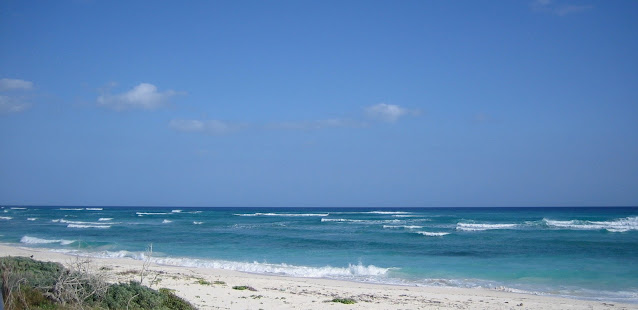by Larry Powell The freshwater turtle, Emydura macquarii. Credit: Claudia Santori. For well over a century, invasive freshwater fish from Europe - carp (originally from China) - have been released, either deliberately or accidentally from fish farms, into Australian waterways. The fish, now widely regarded as pests, are thriving. Their habitat includes rivers flowing through the Murray-Darling Basin of New South Wales. Those vast waterways support, through irrigation and other means, about 40% of agricultural production for the entire country - not to mention vital aquatic eco-systems and drinking water for about three million people. Baby Emydura macquarii. Credit: Tom Burd. By contrast, the clock is ticking for Australia's native freshwater turtles. The new study says the most common species has declined by up to 91 percent in the past 40 years. It blames urbanization, which damages their habitat and makes the turtles more vulnerable to mass die-offs from disease. The




